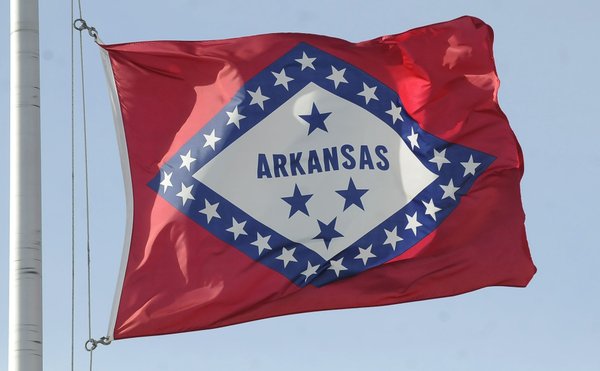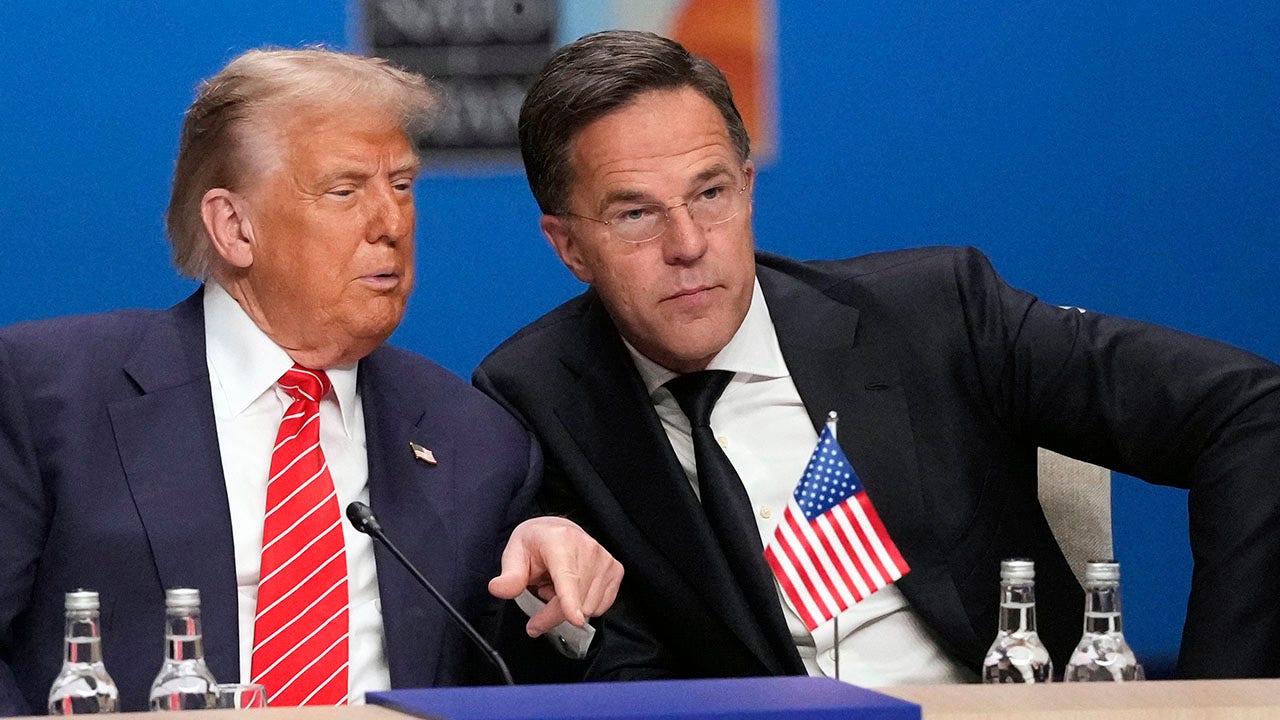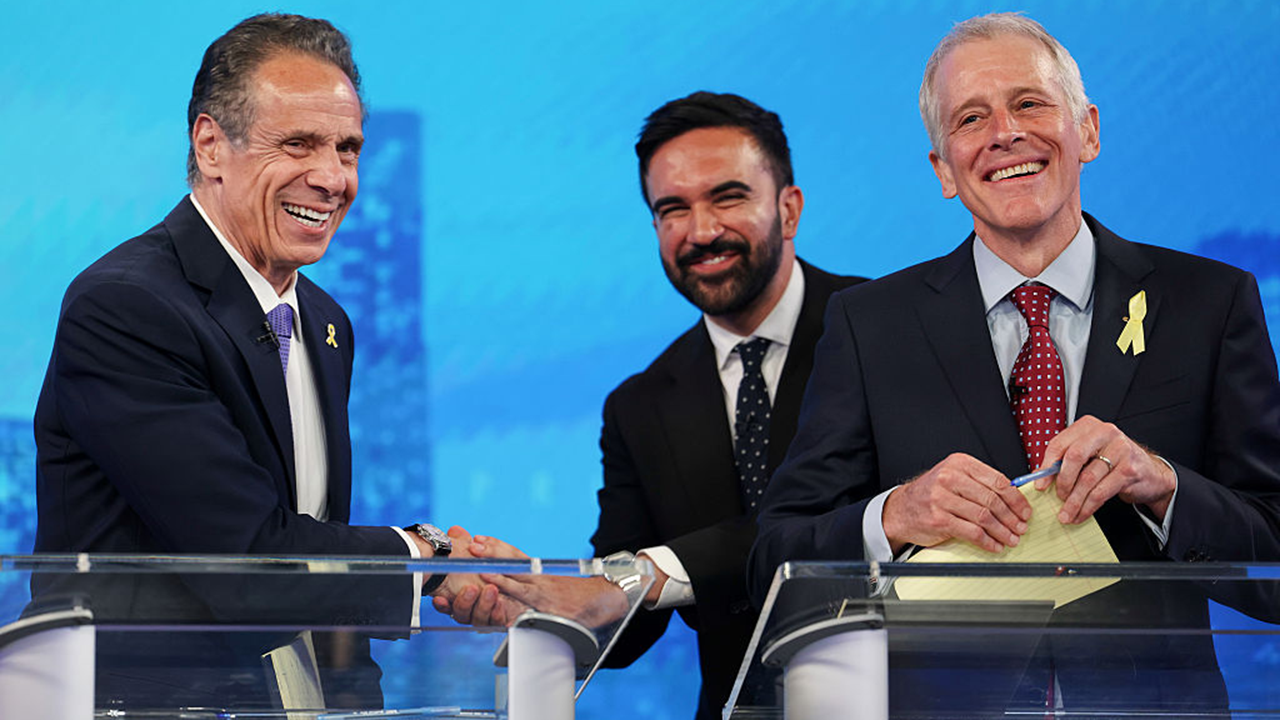WASHINGTON — Federal officials have allocated more than $1 billion for high-speed internet services in Arkansas as part of a multibillion-dollar nationwide grant program.
The Biden administration announced Monday the federal government will provide 50 states, the District of Columbia and five territories with funds nearing $42.5 billion for broadband deployment in unserved and underserved communities. The funds come from the National Telecommunications and Information Administration’s Broadband, Equity, Access and Deployment program.
Arkansas and 18 other states will receive more than $1 billion each, with Arkansas’ share surpassing more than $1.02 billion. Texas is set to receive the most funds with the state’s allocation worth $3.31 billion.
“It’s the biggest investment in high-speed internet ever,” President Joe Biden said during remarks at the White House. “Because for today’s economy to work for everyone, internet access is just as important as electricity was or water or other basic services.”
The Broadband, Equity, Access and Deployment program defines an unserved area as locations without reliable services of at least 25 megabits per second for downloads and 3 megabits per second for uploads. The Federal Communications Commission updated its data last month to indicate 8.3 million homes and businesses lack access to high-speech internet.
According to the Arkansas Department of Commerce, the funds will support efforts to connect 215,000 Arkansas homes and businesses to services.
The need for improving internet access was a noticeable issue during the coronavirus pandemic when services and school lessons went virtual, making disparities in coverage impossible to ignore.
“We have to drive our children into my work, to my wife’s school or to our county library to finish projects or homework assignments,” said Jeff Say of Culpeper, Va., while standing next to Biden.
Culpeper is about 75 miles southwest from Washington, D.C.
“Every aspect of our daily life has now seemingly been touched by internet access. Education, health, commerce and entertainment,” he added.
States will utilize funding for deploying broadband services or upgrading existing networks. Any remaining funds can be dedicated to addressing accessibility and equity concerns.
“Whether it’s connecting people to the digital economy, manufacturing fiber-optic cable in America, or creating good-paying jobs building internet infrastructure in the states, the investments we’re announcing will increase our competitiveness and spur economic growth across the country for years to come,” Commerce Secretary Gina Raimondo said in a release.
The Biden administration previously committed $25 billion for deploying high-speed internet as part of the American Rescue Plan. The latest round of funding and its related program stems from the bipartisan infrastructure law, which Biden signed in November 2021. None of Arkansas’ congressional delegates voted for the infrastructure bill.
“This announcement will be transformational for Arkansas,” Gov. Sarah Huckabee Sanders said Monday in a state Commerce Department release.
“With more than $1 billion now at our state’s disposal to fund broadband access, we will finally be able to close the digital divide between rural and urban Arkansas. This puts every part of our state on an equal playing field and unlocks a world of potential for businesses, schools, and everyday Arkansans.”
According to the Biden administration, more than 35,000 projects are either funded or already underway because of previous work, including “hundreds of high-speed internet projects.”
“With this funding, along with other federal investments, we’re going to be able to connect every person in America to reliable high-speed internet by 2030,” Biden said to applause.
The president compared the effort to the United States’ actions in expanding electric service during the 1930s; the Rural Electrification Act involved distributing federal loans with the purpose of providing rural areas with electricity.
“High-speed internet isn’t a luxury anymore,” Biden said. “It’s become an absolute necessity.”
Arkansas Commerce Secretary Hugh McDonald described the funding as “an economic game changer.”
“As a small, rural state, we have too many households and businesses that are not connected to broadband. This affects our bottom line – from education and skills development to entrepreneurship and opportunity,” he said in a release.
McDonald echoed the president, acknowledging broadband as not a luxury, but an “absolute necessity for an individual’s upward mobility as well as to develop strong and vibrant communities that will attract business and industry to the state.”
The state Commerce Department will handle the funding through its Arkansas State Broadband Office. The office must submit a five-year plan of action concerning the funding amount to the National Telecommunications and Information Administration by year’s end. State officials additionally noted the funds will be subject to legislative review and appropriation.




























